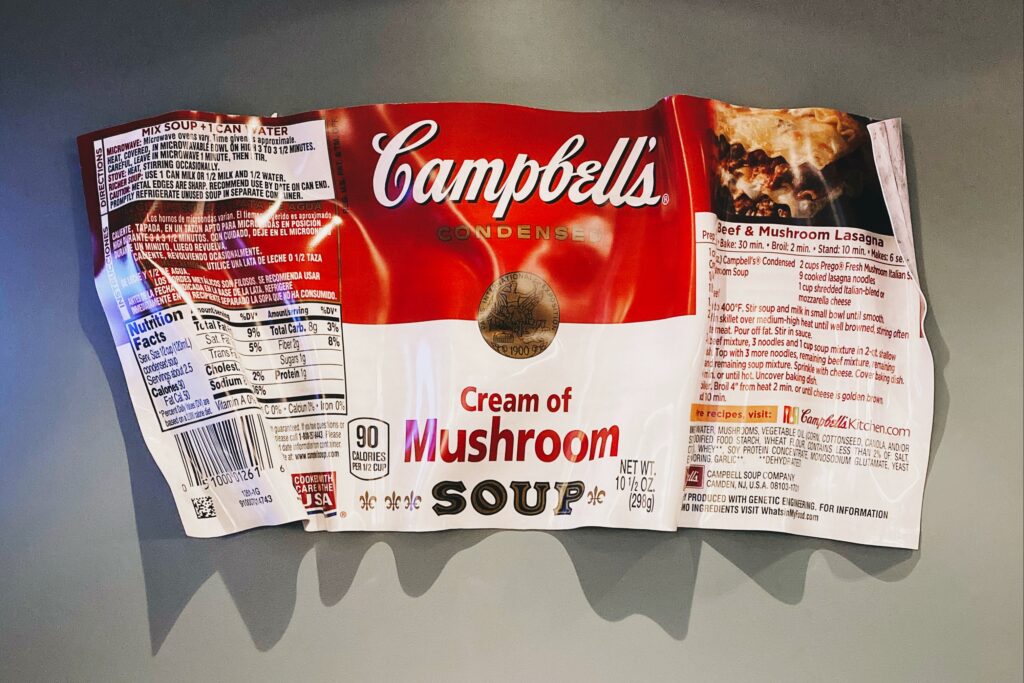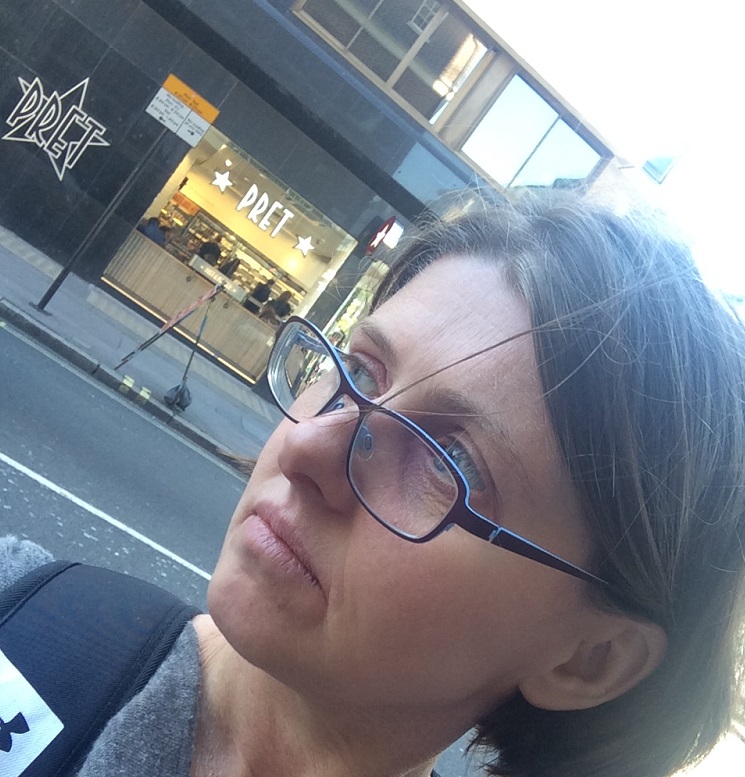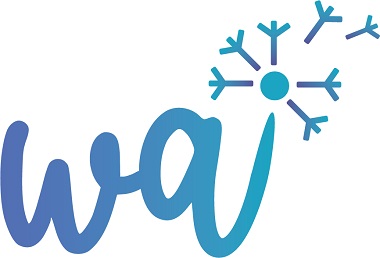Have you got an allergy, and are concerned about cross-contamination of food products? This article explains why products may be recalled, to ease your concerns…

Manufacturing processes are never completely failsafe. Whether it be due to human error or troubles with machinery, there’s plenty to negate. That’s why product recalls are in place; to protect us all.
Food product recalls are taken extremely seriously, and may even invoke a trading standards investigation if it’s deemed a consistent risk or hazard. Because of this, the FSA make it clear when a product must be recalled, but why might this occur?
In this article, we’ll be exploring the main reasons why food products are recalled, especially for people with allergies. We’ll then answer some frequently asked questions. Take a look…
Why Do Food Products Get Recalled?
There are a number of potential reasons a food product might be recalled. Whether it’s due to allergens or foreign objects, here are the four most common reasons:
1. Cross Contamination of Allergens
These days, food manufacturers process a huge array of food within the same factory. This means that certain ingredients may become cross-contaminated, including allergens like:
- Nuts
- Wheat
- Soy
- Seeds
- Eggs
- Shellfish
Due to the nature of factories, this sort of contamination is usually unavoidable. Therefore, these allergens must be declared on packaging, or completely recalled if the contamination was accidental or unprecedented.
2. Incorrect Labels for Allergens and More
Although this shouldn’t happen these days due to strict governmental laws surrounding it, human mistakes happen. Whether it be the mislabelling of ingredients, putting those with allergies at risk, or issues with expiry dates, there’s plenty that could go wrong. There have even been cases where the wrong languages have been printed, making food packaging indecipherable!
It is of paramount importance that mislabelling is rectified as soon as possible to avoid allergic reactions and food poisoning.
A famous example of the mislabelling of food products was the tragic death of Natasha Ednan-Laperouse. This young teenager died after consuming a Pret a Manger baguette containing sesame seeds that weren’t labelled on the product.
After suffering a fatal allergic reaction due to this lack of labelling, Natasha’s Law came into play. This has tightened restrictions on food labelling, protecting allergy sufferers and giving them the confidence to buy food they can enjoy.
3. Pathogens Getting into the Food
It’s not just those with allergies who may be affected by a potential contaminant. On many occasions, pathogens have been found to contaminate food that has been sent out to supermarkets.
Listeria, E. coli and Salmonella are the most common pathogens to be found in food products. The list of foods that have been recalled in the past due to these outbreaks include:
- Uncooked foods, like deli meats and soft cheese
- Poultry and eggs
- Undercooked beef
- Unpasteurised products, like milk, cheese and juice
- Poultry, eggs, undercooked beef, and unpasteurized milk or juice
- Raw fruits and vegetables
- Raw or undercooked shellfish
- Home-canned foods with low-acid content, including asparagus, corn, and green beans

4. Physical Contamination via Non-Food Products
Another way in which people both with and without allergies may be impacted by a food recall could be due to foreign objects in the food. This could include wood, metal, plastic, glass, and insects. It could also include chemical or biological tainting through bodily fluids, but how is this possible?
Well, due to the nature of factories, which are run by machinery and people, accidents happen. Whether it be a broken machine part or human error, anything can happen. That’s why food products are put through X-ray scans, metal detection and filtration, like sieving, before being sent out.
Frequently Asked Questions About Food Recalls
Now you know the reasons why a food product may be recalled, you probably have some questions. Here, we answer the FAQs surrounding food recalls…
How Can I Know if a Food Product Has Been Recalled?
Usually, retailers will notify their customers, via email, social media, or their website, if a product has been recalled. They may even post these notifications in their shop windows or within store.
The most centralised way to find out, however, is through the Food Standard Agency’s website. You can sign up, filter by allergen and choose whether to receive alerts via email, text message of both.
Why Should People with Allergies Comply with Food Recalls?
Food recalls protect the public from injury, illness or even death. As we’ve seen, even if you don’t have an allergy, you may wish to avoid a product that could contain foreign objects, or worse.
What Steps Should I Take if a Food Product Has Been Recalled?
The University of Minnesota has created a step-by-step guide for anyone who has become aware that a product they’ve purchased has been recalled. These steps are:
- Check the FSA website for a list of recalled products here: Alerts | Food Standards Agency
- Check your kitchen – and anywhere else you may store food – to see if you have said product.
- The FSA listing should include the product code and manufacturing information, which you can find on the label to compare with.
- If it matches, do not consume it, or feed it to your family or animals.
- Follow the store or manufacturer’s instructions regarding disposal and returning of the product.
- Remember that not all products will be unsafe. It is only those that are made in that specific factory with a specific code that you need to be concerned over.

Stay Alert!
As you can see, it’s important that we all stay up to date with food recall information. This is especially the case if you have an allergy and may be at risk of cross-contamination or mislabelling of food.
FSA and governmental regulations are stricter than ever, which means people with allergens can usually rest easy that they should be safe. The best thing to do in order to quash any concerns is to stay alert for any FSA notifications.
Photo 1 – Jon Tyson, https://unsplash.com/photos/YbscRIDdimg
Photo 2 – Walter Otto, https://unsplash.com/photos/PT70CT6mATQ
Photo 3 – Marjan Blan, https://unsplash.com/photos/8kt15NpxOYU[JC1]
Sponsored Content – this is a sponsored post
I hope you enjoyed this blog post and I highly recommend that you sign up to receive food recall alerts. These can be sent to you via email or text message and could avoid a bad reaction or even save a life!
Have you ever been caught out? Have you ever had to return anything due to a food allergen recall?












Leave a Reply